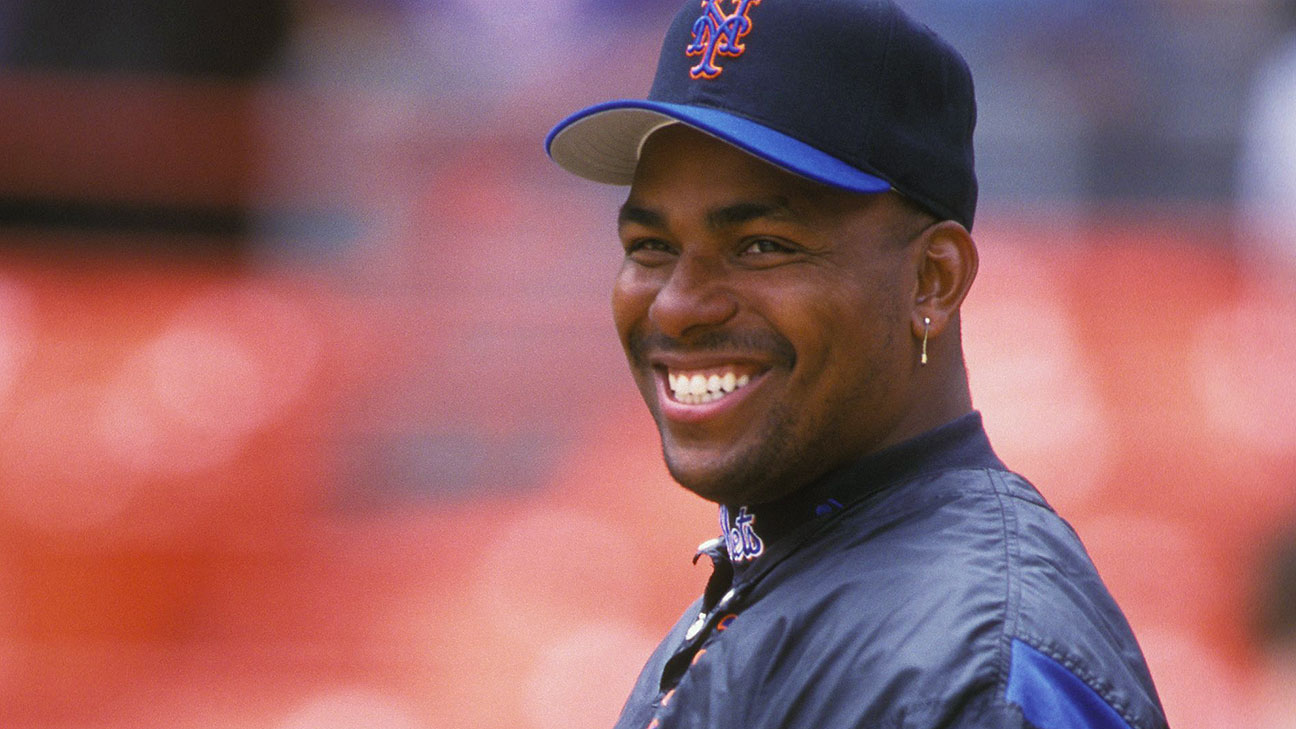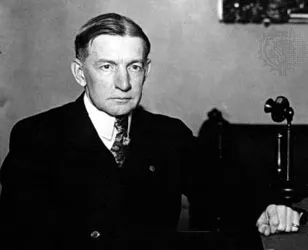Major League Baseball (MLB) is no stranger to eye-popping contracts, a reality not lost either on financial services professionals or baseball fans across the U.S. The deferred payments to Los Angeles Dodger Shohei Ohtani, for example, have reignited discussion on the long-term contract strategies in America’s pastime, as reported by Bryan Murphy in Sporting News.
Money Ball: Ohtani’s Deferred Payments Impact Team Finances
Ohtani’s groundbreaking deal with the Los Angeles Dodgers — a 10-year contract worth $700 million, with an annual average salary of $70 million — has set a new industry benchmark.
What truly stunned the baseball world, however, was the decision to defer $680 million of his contract until 2034 and beyond, a move that provided the team with significant financial flexibility.
Ohtani’s contract strategy is not unprecedented in the world of baseball. Over the years, several players have negotiated deferred salaries, allowing them to continue receiving paychecks from MLB clubs long after their playing days are over.
Historic Examples of Deferred Salary Contracts in MLB
Some of the biggest names in the game have historically preferred the deferred salary over the big upfront payday.
New York Mets and Bobby Bonilla.
Perhaps the most famous deferred salary contract belongs to Bobby Bonilla.
His original five-year contract worth $29 million with the Mets in 1991 was already a landmark deal. However, the decision to defer $5.9 million resulted in annual payments of $1.19 million from 2011 through 2035, long after Bonilla will have retired from baseball.
The negotiation included one other high-profile perk for the third baseman: Bobby Bonilla Day, celebrated each July 1.
Atlanta Braves and Bruce Sutter.
Bruce Sutter, a Hall of Fame reliever, signed a six-year, $9.1 million contract with the Braves in 1984. It was structured to convert his salary into interest payments.
This contract strategy resulted in Sutter earning $750,000 per year during his playing years, with the Braves paying him $1.12 million annually since 1990. The final payment of $9.1 million was made in 2022, bringing the total earnings from the contract to $47 million.
Cincinnati Reds and Ken Griffey Jr.
Ken Griffey Jr.’s return to his hometown team, the Reds, came with a nine-year, $112.5 million contract extension in 2000. The deal included $57.5 million in deferred payments with four percent interest to be paid from 2009 to 2024. Despite a less-than-stellar stint with the Reds, Griffey’s contract ensured that he remained financially tied to the team for years after his retirement.
Boston Red Sox and Manny Ramirez.
Manny Ramirez’s eight-year, $160 million contract with the Red Sox prior to the 2001 season included deferred payments that ensured he would continue to be paid by major league organizations long after his departure from Boston. Since 2010, Ramirez has been receiving nearly $2 million annually, with his final payment set to go through 2026.
Baltimore Orioles and Chris Davis.
Chris Davis, once one of the league’s top sluggers, secured a seven-year, $161 million deal with the Orioles, with $42 million deferred over 15 years.
Davis’ performance, however, declined sharply after signing the contract, and he retired in 2021. Despite the early retirement, Davis will remain on Baltimore’s books for another decade, receiving annual payments until 2037.
Washington Nationals and Max Scherzer.
Max Scherzer, a two-time World Series champion, signed a seven-year, $210 million contract with the Nationals in 2015, deferring half of the deal to be paid through 2028. Scherzer’s deferred payments have ensured that he will continue to be one of the highest-paid players even after his playing days are over.
The Future of Baseball Contracts: Will Deferred Payments Continue to Dominate?
These deferred salary contract strategies illustrate the creative financial strategies employed by MLB players and teams, allowing the athletes to secure their financial futures while providing their employers with more immediate fiscal flexibility. As the landscape of sports contracts continues to evolve, deferred payments are likely to remain a key component of negotiations for top baseball stars.
Read the full article by Bryan Murphy on Sporting News for a more detailed analysis of deferred salaries in MLB history.



















